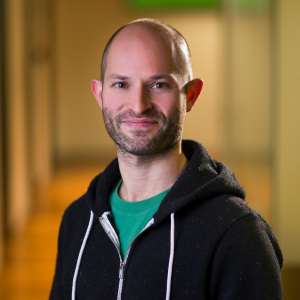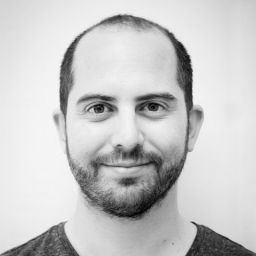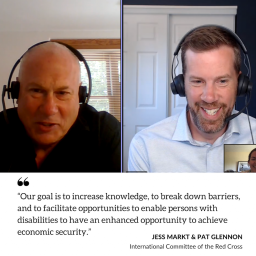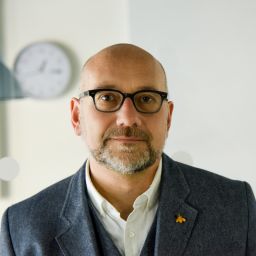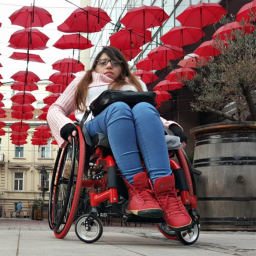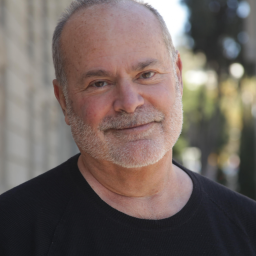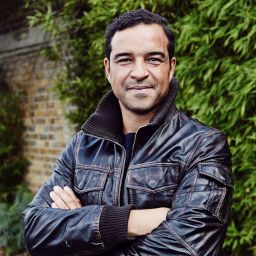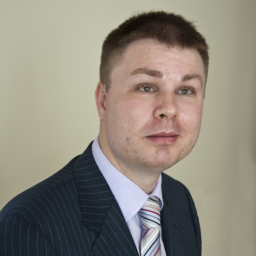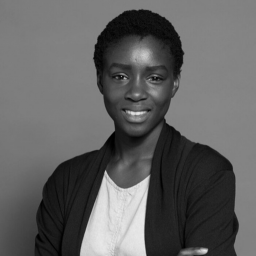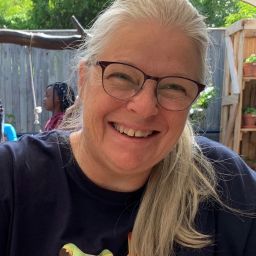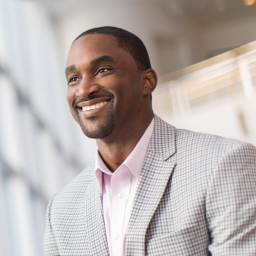Meaningful Business (MB:) Can you explain what your organisation does?
Dr. Hoang-Yen T.Vo (HT:) Disability Research and Capacity Development (DRD) is a non-profit organisation established in 2005. Our mission is to contribute to an equal and non-discriminatory society for people with disabilities through a variety of programmes that aim to empower Organisations of People With Disabilities (OPWD) and transform society from charity to rights-based mindset. We have provided rights-related information and training on leadership skills, self-advocacy skills, and employment skills for 2,172 people with disabilities and OPWD’s leaders. We have also trained 875 organisations and people responsible for disability inclusion, supporting business and government organisations in their efforts to remove barriers for a more inclusive society.
Our work has received national and worldwide recognition with total of 27 awards.
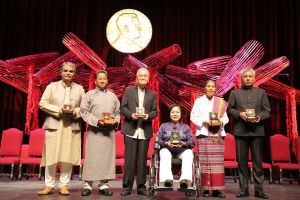
Dr. Yen received Ramon Magsaysay Award
MB: Can you summarise the Vietnamese government’s legislation when it comes to disability and employment?
HT: Vietnam signed the UN Convention on the Rights of Persons with Disabilities (CRPD) in 2007 and ratified it without reservations in 2014. This represented an important shift to a social and rights-based approach focused on ensuring disabled people have equal access to healthcare, education, vocational training, employment, residential and government buildings, public transportation, ICT, cultural activities and entertainment.
In terms of employment for people with disabilities, Article 33 of the CRPD says: “The State shall ensure rights of persons with disabilities to vocational rehabilitation, free of charge job counselling, job placement and job retention”. It also protects the rights of people with disabilities not to be discriminated against in job applications. It requires organisations to place those with disabilities in suitable jobs and to make reasonable accommodations, as well as providing orientation and counselling to help people find jobs. Disabled people who are self-employed are entitled to take out loans with preferential interest rates for business development and to be trained in business management, technology and marketing.
MB: What are the barriers to employment disabled people in Vietnam face?
HT: Despite the legislation, educational institutions and employers are still slow to adapt. Common issues include:
For society:
-
Inaccessible environment in terms of transportation, construction, and information
-
Disbelief in capacity and capabilities of people with disabilities
-
Lack of assistive devices and technologies
-
Lack of a holistic approach to disability-related policy or programs
-
Lack of training for teachers and school administrators on how to support students with disabilities
-
Lack of knowledge of the rights of people with disabilities.
For people with disabilities:
-
Little access to education and vocational training
-
Lack of knowledge of their rights
-
Lack of confidence in their own abilities.
MB: How are you supporting disabled people to overcome these barriers?
HT: There are about 10 million disabled people in Vietnam (approximately 10 % of the country’s population). Less than 0.1% are able to finish colleges or universities, 7.3% have vocational training certificates, and only 31.7% are in income- generating work, mostly in the informal sector.
As a small organisation, DRD cannot support all people in need. Therefore, we have tried to build a service model based on our core strategy: empowering people with disabilities and transforming society. We hope that our model can be replicated in other areas. For example, to promote a more inclusive work environment we use an employment pathway to:
-
Help job seekers to improve their employment skills by: training them how to write a CV and do the interview
-
Matching them with suitable companies
-
Training or working with potential employers on reasonable accommodation and how to work with employees with disabilities
-
Provide 3- month follow-up counselling for both employees with disabilities and employers.
DRD also provide training or consultancy for vocational centre and colleges on Gender Equality and Disability Inclusive.
MB: Can you tell us a bit more about how you work with businesses and organisations to encourage them to employ disabled people?
HT: Our biggest challenge is changing people’s mindset. International companies in Vietnam are more open to employing people with disabilities and our goal is to advocate Vietnamese ones do the same.
We developed the job placement service in 2007 and have tried to work with the Vietnam Chamber of Commerce and Industry (VCCI) in HoChiMinh City and Clubs of Young Business to introduce our work. Thanks to these organisations, we have opportunities to present at their events. We have also invited businesses and mass media reporters to our workshops that aim to raise awareness on the needs, rights and abilities of people with disabilities. These events have helped expand our network and services. Newspaper articles and television coverage of our work have their impact as well.
In addition, we have collaborated with international organisations such as the International Labour Organisation (ILO) and Aus4Skills to build capacity of businesses and colleges that have potential to provide training and employment opportunities for people with disabilities.
MB: Is there an organisation or company you can point to that is doing well when it comes to disability inclusion in the workplace in Vietnam?
HT: One that springs to mind is Saitex International Vietnam. They have employed approximately 100 people with disabilities of all types and, with our help, are making their workplace accessible for their employees.
MB: What impact has the pandemic had on the employment opportunities for disabled people in Vietnam?
HT: The pandemic has seriously affected income generating activities of most people with disabilities in Vietnam. As I mentioned, the majority of people with disabilities work in the informal sector with daily incomes and have no savings at all. Therefore, the social distance spells real trouble for their life.
MB: What do you think the future holds for the job prospects of disabled people in Vietnam?
HT: Looking at the progress of the Vietnam Disability Law and policies, I previously believed that there would be more and more employment opportunities for people with disabilities. Now, I am afraid that the pandemic may cause the slow-down of all disability-related efforts as there might be a lack of financial support for social programmes that promote the rights in general.
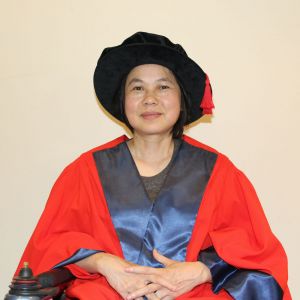
For more information on the DRD and the services it provides visit: https://www.drdvietnam.org/en/
___


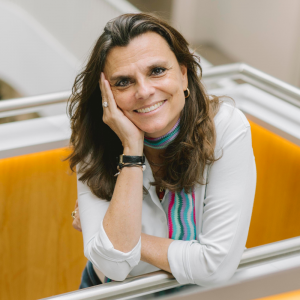
![Introducing Accelerate - Working Together for Disability Inclusion Accelerate_social_tile_1d[4]](https://meaningful.business/wp-content/uploads/2021/03/Accelerate_social_tile_1d4-300x300.png)
